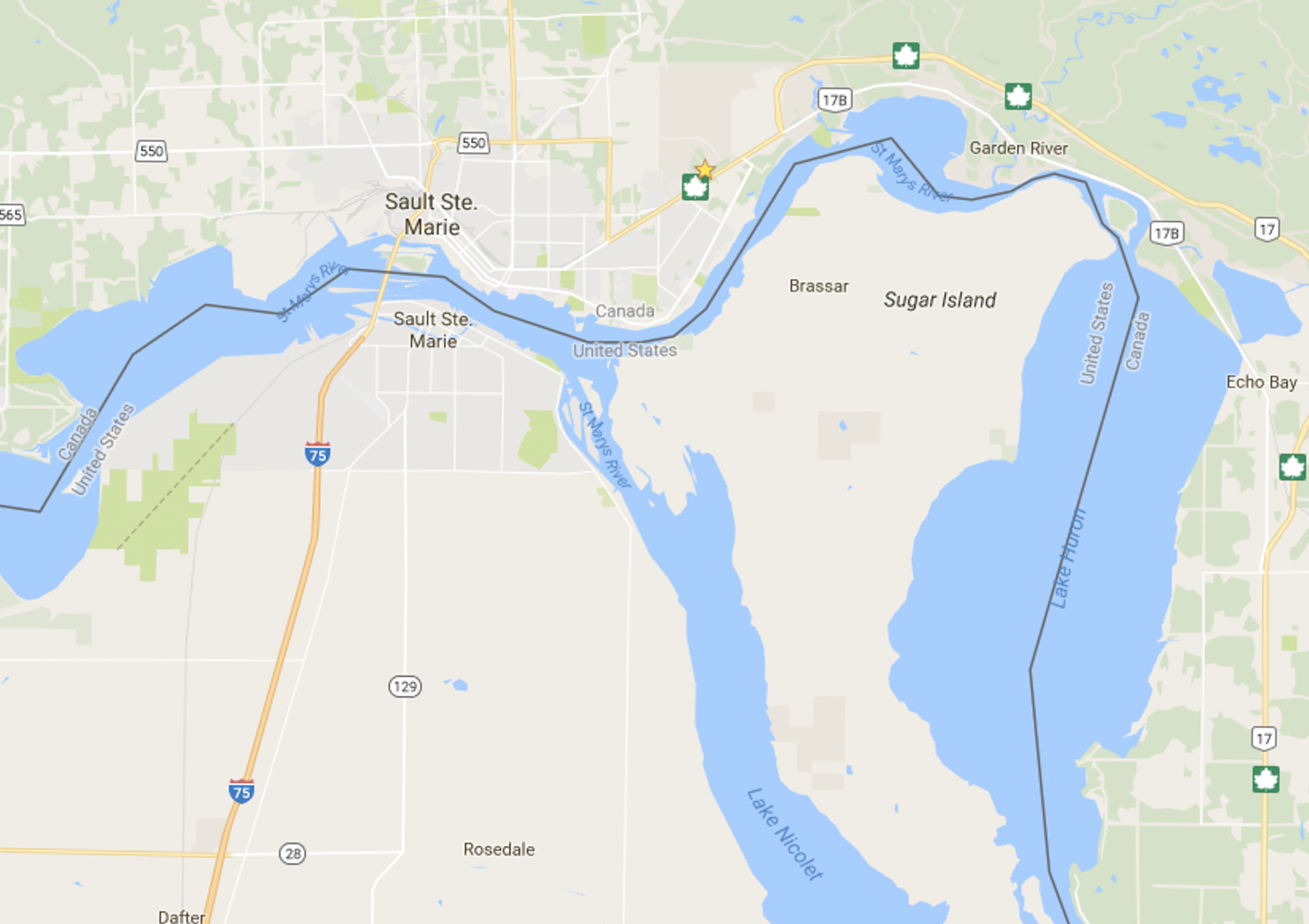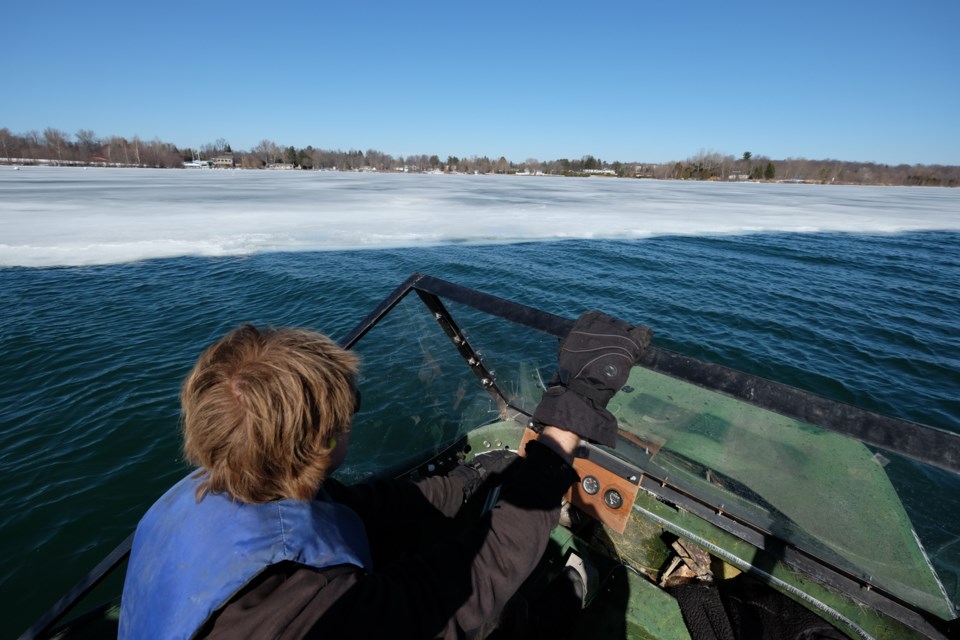Boating recreationally along the Canada/U.S border?
If you aren’t reporting in with Canadian Border Services Agency (CBSA) when crossing over the border line back into Canada you may be doing something illegal.
At a recent boating information session in Windsor, Ontario, some were surprised to find out that border crossing regulations for recreational boaters were stricter than was commonly realized.
Perhaps of biggest surprise was that Canadian boaters that cross the borderline on the water, upon reentering Canada, have to report in with CBSA even if they haven't stopped their boat in American waters, said Jim Atkinson, Commander of Windsor Power and Sail Squadron who hosted the information session.
“If Canadians went into the United States a few years ago and didn’t anchor, moor, contact another vessel, or tie up to land then they wouldn’t have to report into CBSA when they came back. The Americans still have the same system as our old one, so there is some confusion. Most people don’t report in after going to American water,” said Atkinson.
Current regulations state that any private boat with 29 or fewer people, upon re-entering the country, is required to go directly to an official CBSA Telephone Direct Reporting Site or Marina.
In town those would be at Bellevue and Roberta Bondar Marina.
However, if a boat has not landed on U.S. soil and not taken on other goods or passengers, then they are also given the option to phone in from their point of entry via cellphone.
The requirements may be concerning to boaters who use the waters locally because it is quite common that they may in fact be crossing the border several times on a single trip out of necessity.
For example, those travelling from the Roberta Bondar Marina up and down the St. Mary’s waterway to St. Joseph Island and back cross the border so often that if they reported in every time they crossed it would create impossible delays.
Locally, the RCMP is tasked with patrolling the border between ports of entry, or, areas that aren’t official border crossing spots like the International Bridge.
RCMP Media relations officer Constable Dan Chevalier cleared up some of this confusion.
 When travelling along the St. Marys River between Sault Ste. Marie and St. Joseph Island, a Canadian border may be crossing the International boundary several times. Courtesy of Google Maps
When travelling along the St. Marys River between Sault Ste. Marie and St. Joseph Island, a Canadian border may be crossing the International boundary several times. Courtesy of Google Maps"Basically, if you are going from point A to point B, and just traversing the waterways from say, Bellevue Marina to Richards Landing, we don’t expect you to report every time you cross and go into Canada, so there is not a requirement to report in then,” he said.
This is especially true in cases where you need to travel into American water out of necessity, like when following a channel to avoid rocks or shallow water.
Chevalier said that even if you are travelling the south side of Sugar Island, through Lake Nicolet, there are no requirements to report in with CBSA.
This only applies for people travelling directly to their destination without anchoring, mooring, contacting another vessel, tying-up to land, or engaging in ‘activities’.
Activities are considered to be things like fishing, waterskiing, or stopping to sun bathe.
Chevalier said that, when travelling the border, its important to bring identification.
He said kayakers and paddle boarders might want to look into putting the identification in a waterproof pouch and possibly even strapping it to themselves.
Although knowing where the borderline is when out on the water can be tough, ignorance is not an excuse for not reporting in and Chevalier said that those that fail to report in with CBSA when required can face fines of $1,000 or more.
There still could be some grey areas, for example, if a person leaves the Roberta Bondar Pavilion Marina just to travel around the waterways immediately south of the city and returns without stopping for, say, a fun jaunt out on the water, they won’t be required to report in, said Chevalier.
Still if there is any confusion or doubt, Chevalier strongly suggests calling CBSA ahead of time and following their suggestion.
Requirements for reporting in with U.S. Customs are simpler than those of Canada.
Essentially, Canadian recreational boaters simply transiting through U.S. waters without landing, docking, or ‘hovering’ around another boat do not have to report their arrival with U.S. authorities.
More information on U.S. regulations can be found here.
More information on CBSA reporting requirements can be found here and a directory and map of telephone reporting stations can be found here.
Frequent international boaters that want to avoid delays might want to sign up with CANPASS, a program that allows up to four-hour-early reporting when crossing the border.
As a response to some of the current confusion, the Algoma Fish and Game Club will be holding an information session with border patrol representatives this coming May at a specific date to be announced soon on their Facebook page.
